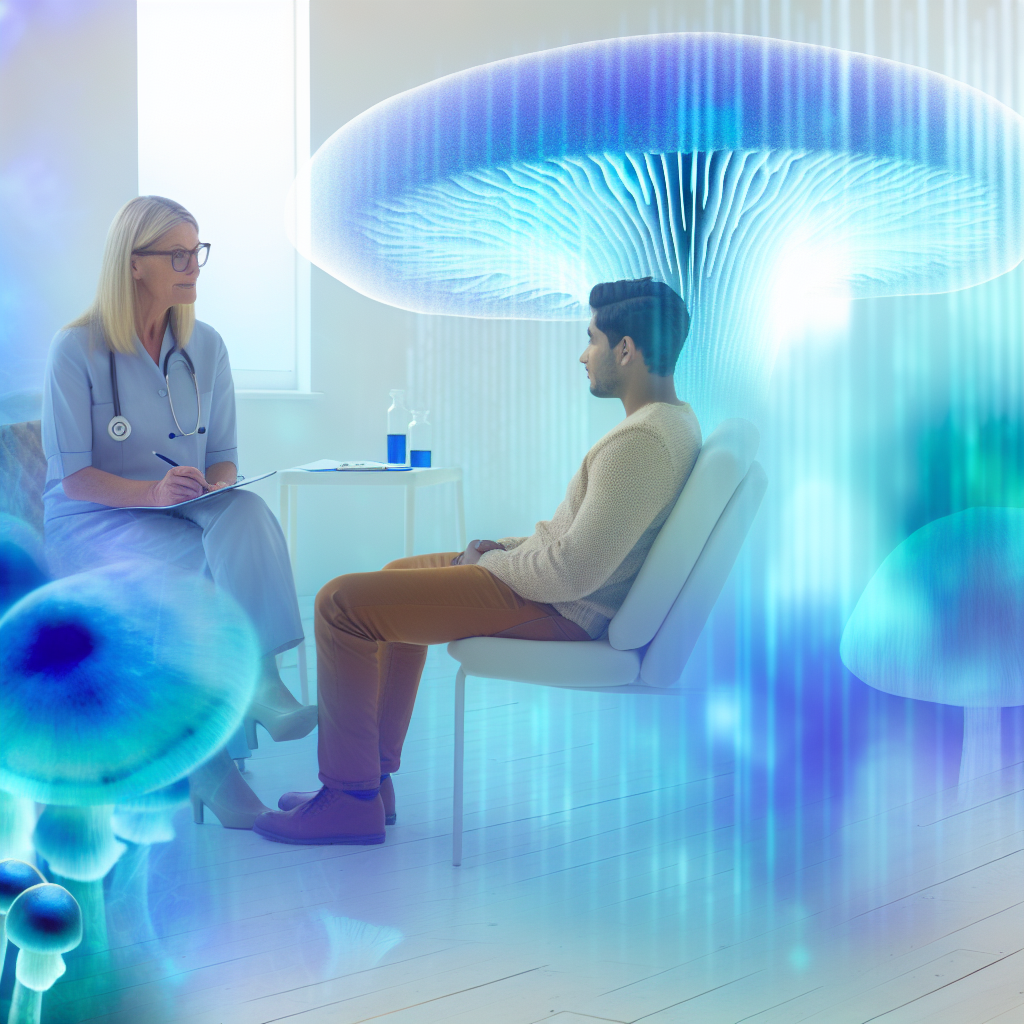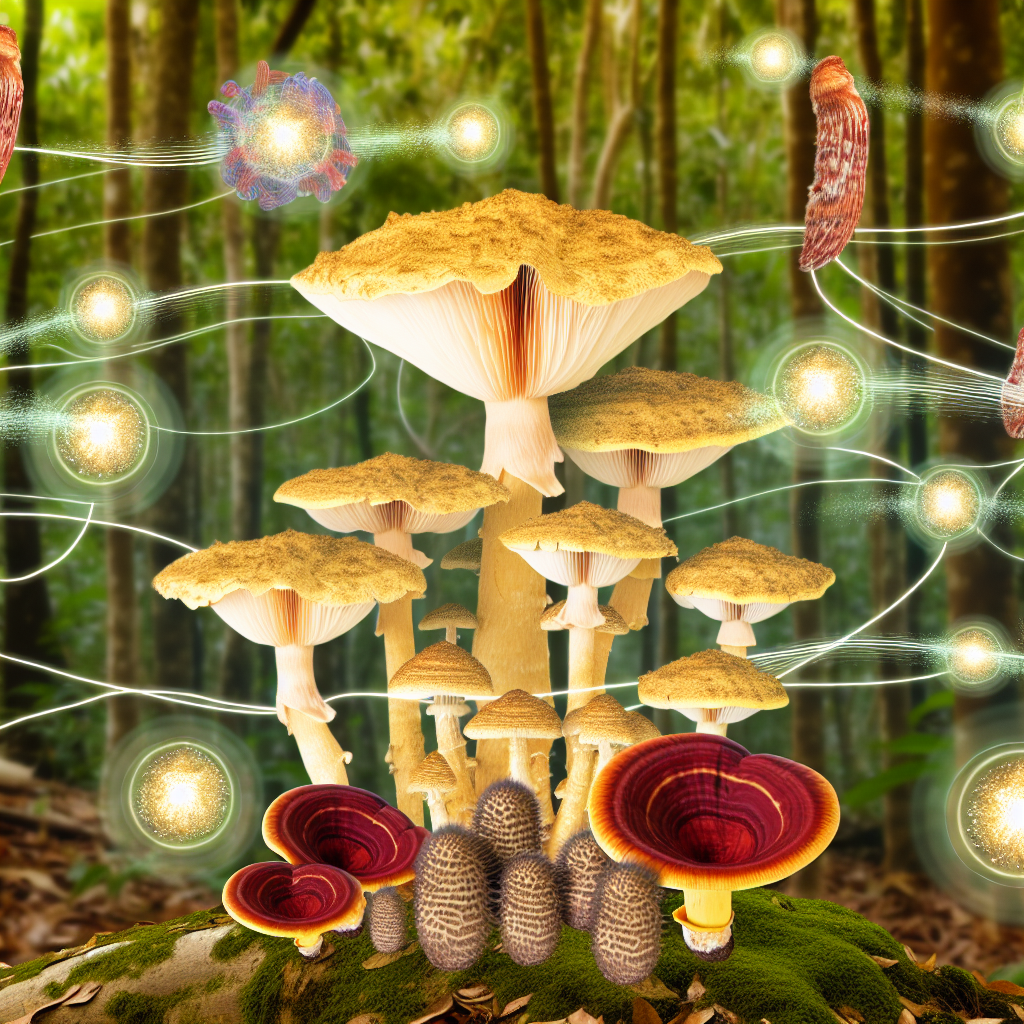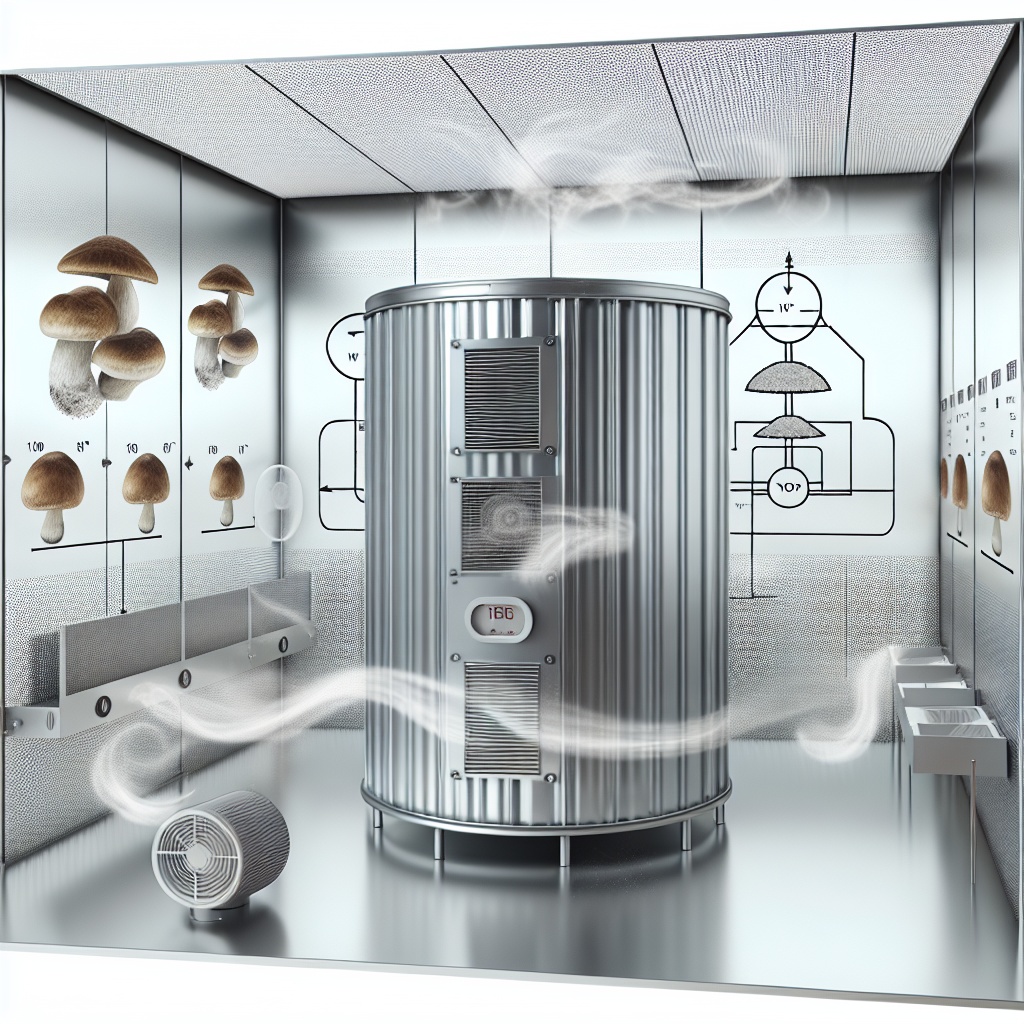Psilocybin-Assisted Therapy for PTSD: Breakthroughs in Healing Trauma
Post-Traumatic Stress Disorder (PTSD) affects nearly 6% of the U.S. population at some point in their lives, impacting veterans, assault survivors, accident victims, and individuals exposed to extreme stress. Traditional therapies—from Cognitive Behavioral Therapy (CBT) to pharmacological interventions—have helped many, but a substantial number of people remain treatment-resistant. Now, emerging research in psychedelic medicine, especially psilocybin-assisted therapy, is lighting a revolutionary path forward for trauma recovery.
Discovering the Healing Potential of Psilocybin
Psilocybin, the naturally occurring psychedelic compound found in over 200 species of mushrooms (colloquially known as “magic mushrooms”), is gaining scientific recognition for its profound psychological effects when administered in therapeutic settings. Once relegated to the fringes of medicine, psilocybin has received “breakthrough therapy” designation from the U.S. Food and Drug Administration (FDA) for its potential to treat a range of psychiatric conditions—including PTSD.
Unlike traditional medications prescribed for daily use, psilocybin is usually administered in one or two professionally guided therapy sessions. Rather than masking symptoms, psilocybin facilitates emotional breakthroughs, introspection, and the rewiring of trauma-related neural patterns, delivering sustained change that some users describe as life-altering.
Inside the Lab: What the Latest Clinical Trials Reveal
Clinical trials led by respected institutions such as Imperial College London, Johns Hopkins University, NYU Langone Health, and MAPS (Multidisciplinary Association for Psychedelic Studies) have consistently shown groundbreaking results:
– Imperial College London conducted an open-label study where participants with PTSD experienced significant and lasting symptom reduction from just two psilocybin-assisted sessions.
– MAPS released data from a phase II trial in 2022, highlighting powerful symptom reduction and high tolerability. Participants often no longer met diagnostic criteria for PTSD months post-treatment.
– Johns Hopkins University continues to lead one of the most comprehensive clinical trials of psilocybin therapy. Early data shows participants undergo profound reprocessing of trauma with long-term decreases in anxiety and emotional numbness. Brain scans support these findings, showing enhanced emotional connectivity and processing after treatment.
Step-by-Step: The Psilocybin Therapy Protocol
One of the defining features of psilocybin-assisted therapy is its structured, multi-phase protocol designed to maximize safety and effectiveness. The process generally involves three major phases:
1. Preparation Phase
Spanning 2–3 sessions, this phase builds trust and sets therapeutic intentions. Patients are educated about what to expect and guided through the emotional groundwork necessary for the journey.
2. Dosing Session
In a clinically controlled environment, patients ingest psilocybin while under the care of licensed therapists. Sessions typically last 6–8 hours, during which the patient may experience intense emotions, visions, and cognitive shifts.
3. Integration Phase
Over the course of 3–6 weeks post-session, patients meet with therapists to unpack and make sense of their experience. This helps reinforce insights and translate emotional breakthroughs into everyday life.
A critical factor in therapeutic impact is the attention to “set and setting.” Carefully cultivated environments, along with emotional support and preparation, are vital to ensuring positive outcomes.
A Paradigm Shift in Mental Health Treatment
Unlike SSRIs or benzodiazepines, which aim primarily to dampen PTSD symptoms, psilocybin-assisted therapy is about resolution. With just one or two sessions, many participants report long-term improvements in mood, emotional regulation, and trauma processing—sometimes more effectively than years of conventional treatment.
Therapists describe patients experiencing “emotional release” and reconnection with suppressed parts of themselves. In many cases, individuals report a renewed sense of identity, purpose, and joy—an outcome rarely seen with traditional antidepressants or anxiolytics.
What Lies Ahead: Promise, Precaution, and Policy
While current results are extremely encouraging, psilocybin therapy is still evolving. Researchers continue to fine-tune protocols based on individual factors like trauma severity, co-occurring disorders, and personality traits. Regulatory agencies like the FDA are closely monitoring results as phase III trials get underway.
In the near future, psilocybin could become a mainstream treatment for PTSD—administered in specialized clinics by licensed therapists. As science, policy, and public interest converge, this therapy may finally offer relief for millions who have struggled to find healing through conventional means.
Resources and Further Reading
– Johns Hopkins Center for Psychedelic and Consciousness Research
– MAPS (Multidisciplinary Association for Psychedelic Studies)
– Carhart-Harris RL, et al. (2021). Trial of Psilocybin in Major Depressive Disorder. *Journal of Psychopharmacology*.
– Mithoefer MC, et al. (2021). MDMA-assisted therapy for severe PTSD: a randomized, double-blind phase 3 study. *Nature Medicine*.
– NYU Langone Health Psychedelic Medicine Program
Final Thoughts
Psilocybin-assisted therapy is more than a new treatment—it’s a transformative approach to healing trauma that places meaning, safety, and personal growth at the forefront of recovery. As research accelerates and restrictions loosen, this modality may usher in a new era of mental health care—one built not just on symptom management, but on deep and lasting emotional healing.
Concise Summary:
Psilocybin-assisted therapy is emerging as a revolutionary approach to treating Post-Traumatic Stress Disorder (PTSD). This psychedelic-based therapy, with its structured protocol and focus on emotional breakthroughs, has shown promising results in clinical trials, delivering long-term improvements in mood, trauma processing, and overall well-being. As research continues and regulations evolve, psilocybin therapy may soon become a mainstream option for millions seeking deep and lasting healing from PTSD.

Dominic E. is a passionate filmmaker navigating the exciting intersection of art and science. By day, he delves into the complexities of the human body as a full-time medical writer, meticulously translating intricate medical concepts into accessible and engaging narratives. By night, he explores the boundless realm of cinematic storytelling, crafting narratives that evoke emotion and challenge perspectives. Film Student and Full-time Medical Writer for ContentVendor.com




